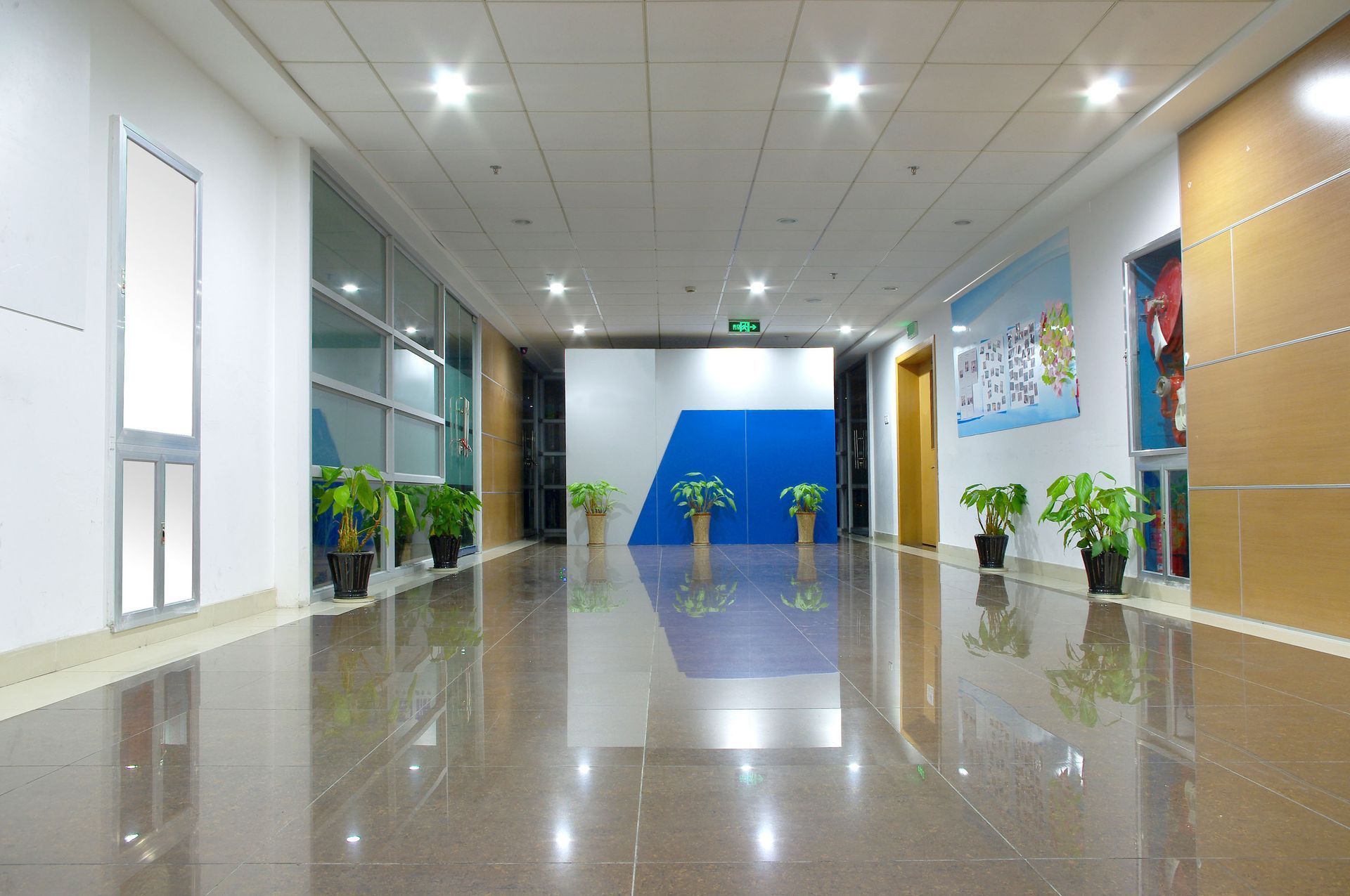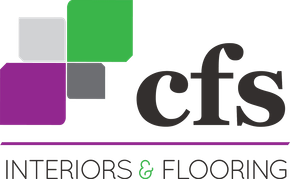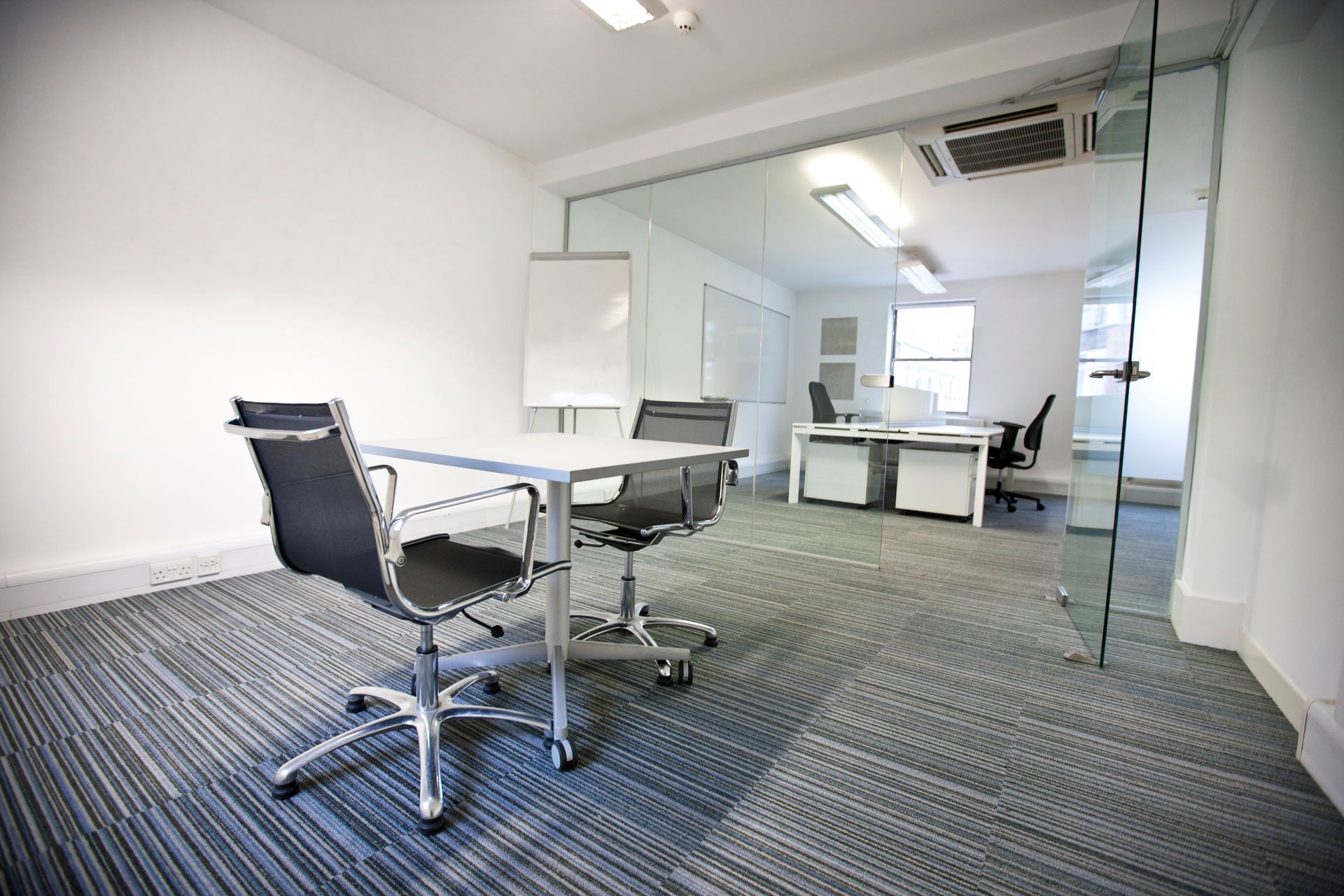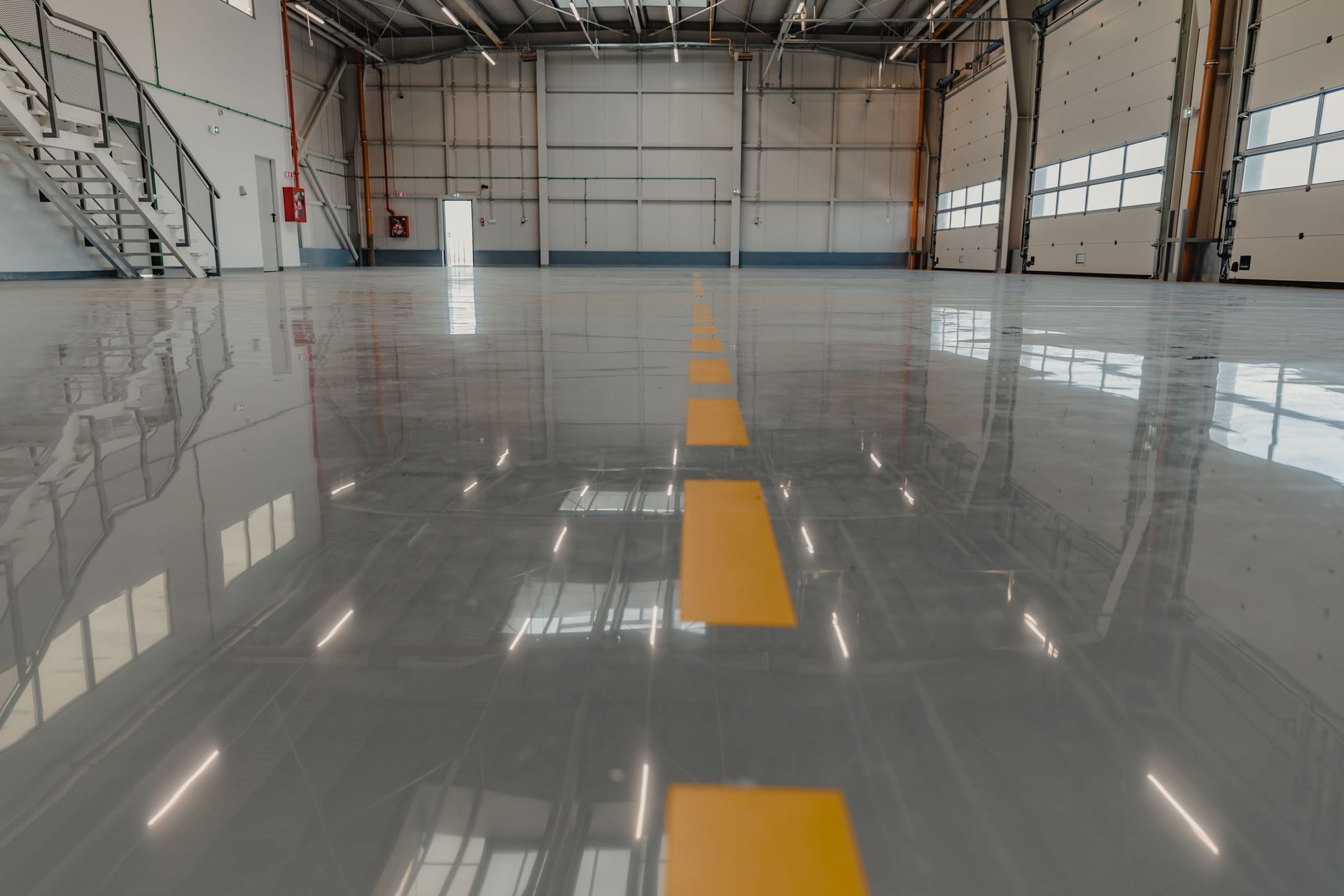June 11, 2025
Choosing the right flooring for a commercial property is a critical decision that can influence a building's performance, safety, and professional appearance. Whether you're planning for new construction or renovating an existing facility, the debate between cost and quality remains central. While budget constraints often push property managers toward more affordable options, cutting corners on quality can result in higher maintenance costs, frequent replacements, and operational disruptions. The best approach is to strike a balance—investing wisely in flooring that delivers both long-term value and immediate functionality.
Assessing Usage Across Your Facility
Commercial buildings often include a wide variety of spaces, each with its own set of needs. High-traffic areas like lobbies, corridors, and fitness centers require materials that are built to last under constant pressure. Flooring such as luxury vinyl tile, ceramic tile, or rubber surfaces offers excellent durability in these spaces. Meanwhile, areas like private offices or conference rooms may benefit from commercial-grade carpeting or sheet vinyl that provides a quieter and more professional environment.
A qualified flooring contractor can help assess your space and identify the best product types for each area of your building. With the right combination of materials, you can meet the unique demands of each space without exceeding your overall budget.
Commercial buildings often include a wide variety of spaces, each with its own set of needs. High-traffic areas like lobbies, corridors, and fitness centers require materials that are built to last under constant pressure. Flooring such as luxury vinyl tile, ceramic tile, or rubber surfaces offers excellent durability in these spaces. Meanwhile, areas like private offices or conference rooms may benefit from commercial-grade carpeting or sheet vinyl that provides a quieter and more professional environment.
A qualified flooring contractor can help assess your space and identify the best product types for each area of your building. With the right combination of materials, you can meet the unique demands of each space without exceeding your overall budget.
Evaluate the True Cost Over Time
When budgeting for commercial flooring, it's important to consider more than the initial installation cost. A lower upfront price may be attractive, but some materials may wear down quickly under heavy use, resulting in frequent repair or replacement expenses. For example, rubber flooring in gyms or healthcare facilities may cost more initially, but its resilience, slip resistance, and shock-absorbing properties make it a worthwhile long-term investment.
An experienced flooring contractor can walk you through the total lifecycle cost of each flooring type, including maintenance, cleaning, and expected replacement timelines. This comprehensive view helps ensure that your budget stretches further in the long run.
When budgeting for commercial flooring, it's important to consider more than the initial installation cost. A lower upfront price may be attractive, but some materials may wear down quickly under heavy use, resulting in frequent repair or replacement expenses. For example, rubber flooring in gyms or healthcare facilities may cost more initially, but its resilience, slip resistance, and shock-absorbing properties make it a worthwhile long-term investment.
An experienced flooring contractor can walk you through the total lifecycle cost of each flooring type, including maintenance, cleaning, and expected replacement timelines. This comprehensive view helps ensure that your budget stretches further in the long run.
Consider Energy Efficiency in Large Buildings
Flooring also plays a subtle but important role in the energy performance of your facility. According to the U.S. Energy Information Administration, buildings constructed in the last couple of decades average 19,000 square feet. In spaces this large, materials that offer thermal insulation, such as carpet or sheet vinyl with backing, can help reduce heating and cooling demands.
A knowledgeable flooring contractor can recommend commercial flooring products that improve both comfort and energy efficiency, reducing utility costs over time while maintaining your desired aesthetic.
Flooring also plays a subtle but important role in the energy performance of your facility. According to the U.S. Energy Information Administration, buildings constructed in the last couple of decades average 19,000 square feet. In spaces this large, materials that offer thermal insulation, such as carpet or sheet vinyl with backing, can help reduce heating and cooling demands.
A knowledgeable flooring contractor can recommend commercial flooring products that improve both comfort and energy efficiency, reducing utility costs over time while maintaining your desired aesthetic.
Align Flooring With Brand and Design Goals
In a commercial setting, flooring contributes significantly to the professional appearance and branding of your business. High-end luxury vinyl tile can mimic stone or wood finishes, providing a polished, upscale look without the cost or maintenance of natural materials. Carpeting in muted tones can add warmth to corporate spaces, while vibrant ceramic tiles or rubber flooring in gyms or schools can support your brand's color scheme and energy.
Because flooring is one of the first things clients and employees notice, it must support the image you want to project. A commercial flooring contractor can provide product samples and design guidance that aligns with your branding and long-term vision.
In a commercial setting, flooring contributes significantly to the professional appearance and branding of your business. High-end luxury vinyl tile can mimic stone or wood finishes, providing a polished, upscale look without the cost or maintenance of natural materials. Carpeting in muted tones can add warmth to corporate spaces, while vibrant ceramic tiles or rubber flooring in gyms or schools can support your brand's color scheme and energy.
Because flooring is one of the first things clients and employees notice, it must support the image you want to project. A commercial flooring contractor can provide product samples and design guidance that aligns with your branding and long-term vision.
Prioritize Performance Based on Industry Needs
Each industry has specific requirements when it comes to flooring. In healthcare settings, for instance, surfaces must be easy to clean, stain-resistant, and able to withstand strong disinfectants. In athletic facilities or recreation centers, rubber and sport surface flooring offers both shock absorption and slip resistance. Educational institutions often require low-maintenance, cost-effective solutions that can endure heavy foot traffic, such as sheet vinyl or vinyl composite tile.
Specialty products are also available to meet niche needs, such as electrostatic dissipative flooring for tech spaces or moisture-resistant barriers for basements. A skilled flooring contractor will understand these industry standards and ensure that your materials meet code requirements, safety regulations, and operational needs.
Each industry has specific requirements when it comes to flooring. In healthcare settings, for instance, surfaces must be easy to clean, stain-resistant, and able to withstand strong disinfectants. In athletic facilities or recreation centers, rubber and sport surface flooring offers both shock absorption and slip resistance. Educational institutions often require low-maintenance, cost-effective solutions that can endure heavy foot traffic, such as sheet vinyl or vinyl composite tile.
Specialty products are also available to meet niche needs, such as electrostatic dissipative flooring for tech spaces or moisture-resistant barriers for basements. A skilled flooring contractor will understand these industry standards and ensure that your materials meet code requirements, safety regulations, and operational needs.
Work With a Reliable Commercial Flooring Contractor
Choosing a contractor who understands commercial flooring systems is essential. Unlike residential projects, commercial jobs require detailed knowledge of traffic flow, safety regulations, ADA compliance, and large-scale logistics. An experienced flooring contractor brings technical know-how and efficiency to the table, reducing downtime and delivering professional results.
Look for a partner who offers not only installation but also planning and product sourcing services. This full-service approach helps you streamline the project from selection to installation, saving time and minimizing disruption to your operations.
Flooring in commercial spaces must deliver durability, performance, and style, while staying within budget. Balancing cost and quality means looking beyond the price tag to consider long-term value, maintenance needs, and energy efficiency. Whether you're outfitting a school, office, healthcare facility, or gym, working with a trusted
flooring contractor
ensures that your investment will hold up to both daily use and long-term expectations.
Ready to upgrade your commercial space? Contact CFS Interiors & Flooring today to explore the best materials for your business.
Choosing a contractor who understands commercial flooring systems is essential. Unlike residential projects, commercial jobs require detailed knowledge of traffic flow, safety regulations, ADA compliance, and large-scale logistics. An experienced flooring contractor brings technical know-how and efficiency to the table, reducing downtime and delivering professional results.
Look for a partner who offers not only installation but also planning and product sourcing services. This full-service approach helps you streamline the project from selection to installation, saving time and minimizing disruption to your operations.
Flooring in commercial spaces must deliver durability, performance, and style, while staying within budget. Balancing cost and quality means looking beyond the price tag to consider long-term value, maintenance needs, and energy efficiency. Whether you're outfitting a school, office, healthcare facility, or gym, working with a trusted flooring contractor ensures that your investment will hold up to both daily use and long-term expectations.
Ready to upgrade your commercial space? Contact CFS Interiors & Flooring today to explore the best materials for your business.














